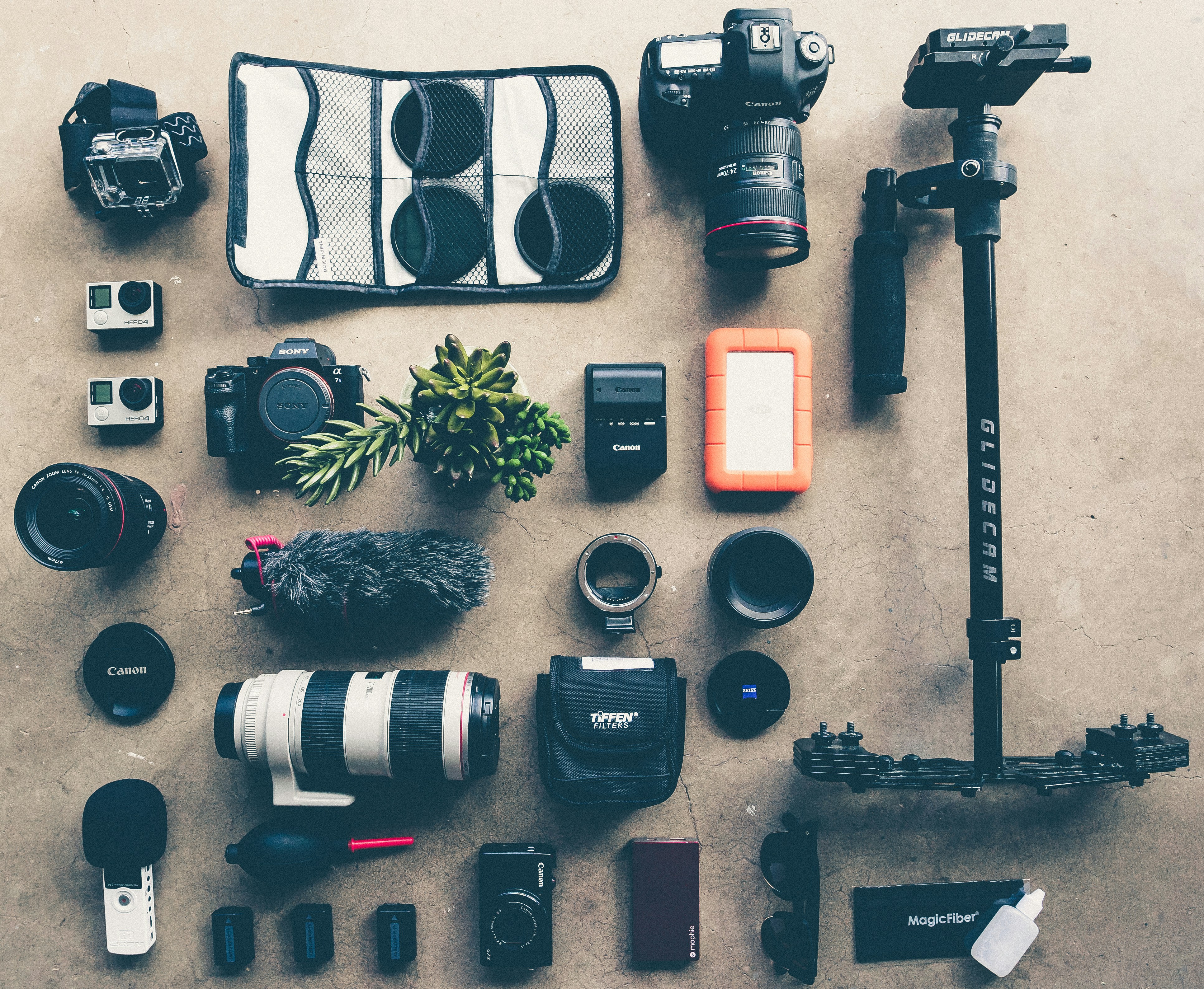Photography Degree: Does It Worth To Get It?
2016 I earned my BFA in Photography from the School of Visual Arts in New York. My journey to achieving this was not straightforward; it involved studying at another college, taking a break from work, and then returning as a transfer student. Despite the ups and downs, completing my degree was incredibly rewarding. While a formal education isn't essential to becoming a professional photographer, if you have the opportunity to pursue it, the experience offers significant benefits beyond the diploma itself.
Technical Experience
Obtaining a photography degree is valuable primarily for the technical expertise it provides. A formal education in photography exposes you to a variety of lighting techniques and shooting styles. Whether you're planning to work on a personal project or aim to join groups like Photographers Delaware, being taught and mentored by professionals enhances your skills and adds versatility to your career. The broader your skill set, the more opportunities you'll have to succeed in the industry.
Experimentation
Earning a degree in photography provides an ideal opportunity to experiment and determine your career path. This period can be remarkably stress-free for photographers, as it allows them to dabble in various mediums and styles. For instance, I entered art school to become a high fashion photographer but pursued a different direction. The coursework and projects offered the chance to explore a variety of subjects and ideas, some of which I might have otherwise ignored.
Testing Equipment
One of the greatest advantages of earning a photography degree is the opportunity to try out various types of photo equipment. This hands-on experience helps you determine which lenses suit you best, which camera brands you prefer, and what kind of lighting enhances your work. Such knowledge is priceless because it ensures that you know exactly what to include when you start assembling your professional toolkit. Since equipment can be a significant financial investment, it's wise to test before purchasing.
Making Connections
Establishing and nurturing relationships during your time in college is crucial for a successful career in the photography industry. It's beneficial to get acquainted with both your fellow students and your professors, forging meaningful connections. College also provides a chance to delve into internships, photo assisting, and various opportunities to network and meet new people in your field. You never know who might remember you when a job opportunity arises.
Learn Non-Shooting Essentials
A wide range of photography education programs provide courses in retouching, photo editing, curating, production, business management, and more. These skills are crucial for building a successful career in photography. Learning these from experienced professionals through structured and hands-on instruction, alongside personal statement writing services such as PaperWriter, can significantly influence your professional trajectory.
Photo Industry Options
The most valuable aspect of a photography education was gaining insight into the broader photography industry beyond simply being a photographer. Numerous career opportunities within the photo industry are worth considering. Jobs not directly involving photography can stimulate your creativity and might be less competitive than taking photos.
Is it worthwhile to pursue a degree in photography?
Ultimately, earning a degree is more about your actions and less about the degree itself. Pursuing a Bachelor of Fine Arts in Photography provides access to a range of educational experiences that you might not otherwise have the chance or freedom to explore. Nevertheless, not having a degree won't prevent you from becoming a professional photographer. Higher education is a privilege that isn't accessible to everyone. However, a BFA in Photography offers more than a credential if you have the means, passion, and determination.

